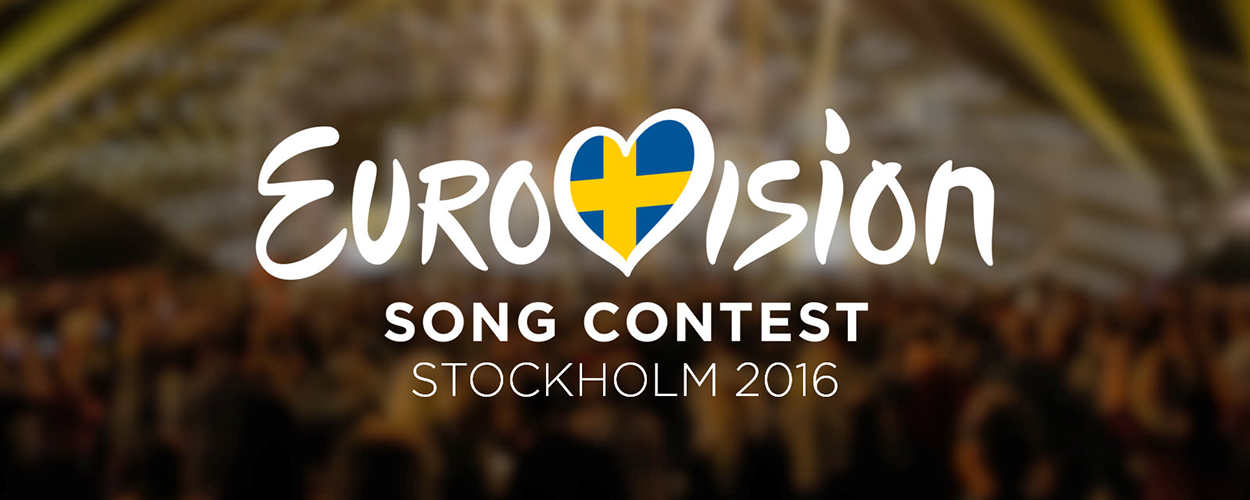This website uses cookies so that we can provide you with the best user experience possible. Cookie information is stored in your browser and performs functions such as recognising you when you return to our website and helping our team to understand which sections of the website you find most interesting and useful.
Artist News Awards
Ukraine wins Eurovision, Russia threatens boycott
By Andy Malt | Published on Monday 16 May 2016

Ukraine won this year’s Eurovision Song Contest this weekend, beating everyone’s favourite European country Australia into second place. Much to the distaste of bookies’ favourite Russia, who came in third.
Jamala’s song, ‘1944’, about the deportation of Crimean Tatar people by Josef Stalin in the year of its title, had been controversial ever since it was selected as Ukraine’s Eurovision entry in February. Many felt it was a political comment on Russia’s annexing of Crimea from Ukraine in 2014, something Jamala herself seemed to admit. Despite protestations that this broke Eurovision’s ‘no politics’ rules, the song was allowed to proceed to the competition.
The song took the prize thanks to Eurovision’s updated voting system, which was introduced this year and sees the jury and public votes being added separately rather than in a combined fashion like before. When just the jury votes were in, Australia – competing for the second year for some reason – had a clear lead, but the pesky public overturned that. Even though Dami Im’s ‘Sound Of Silence’ was clearly the best song in the contest – even if it arguably also broke a Eurovision rule (one about not mentioning branded products).
Russia’s ‘You Are The Only One’ by Sergey Lazarev, which relied on a flashy performance mimicking that of last year’s winner Måns Zemerlöw, had been the bookies’ favourite to win, but ended up in third place, 40 points behind the leader. Russia and Ukraine’s judging panels both awarded no points to each other.
A number of Russian officials have expressed anger at the result, suggesting that Russia will boycott the competition next year. Franz Klintsevich, Deputy Chairman of the Federation Council Committee On Defence And Security, told RIA Novosti: “If nothing changes in Ukraine by next year, then I don’t think we need to take part [in next year’s competition there]”.
Meanwhile politician Yelena Drapeko told TASS that the win was the result of a wider campaign against Russia, saying: “Partly, this is a result of the propaganda and information war that is being waged against Russia. We are talking about the general demonisation of Russia – about how everything with us is bad, about how our athletes are all doping, our planes are violating airspace – all of this, of course, shows [in Eurovision]”.
This is not the first time Russia has threatened to withdraw from Eurovision. In 2014, it both threatened a boycott and to set up a rival competition in protest at drag queen Conchita Wurst winning that year’s competition. Despite this, the country did enter the 2015 contest, coming second. Ukraine withdrew that year, in part due to the political situation in the country.





